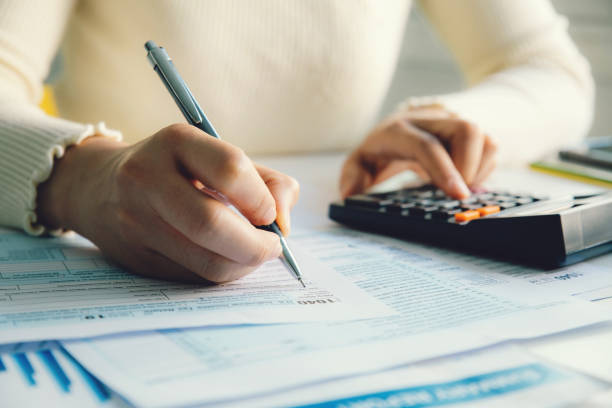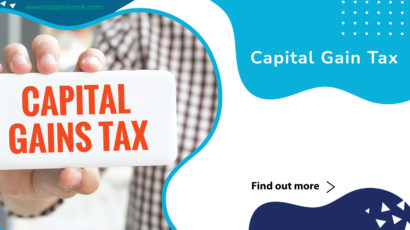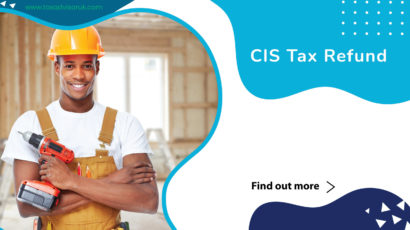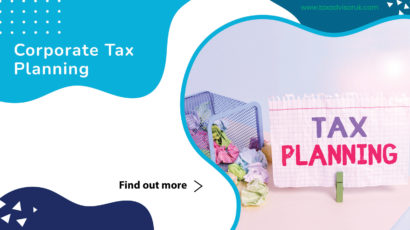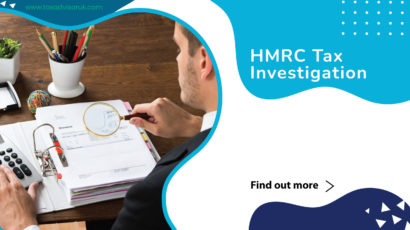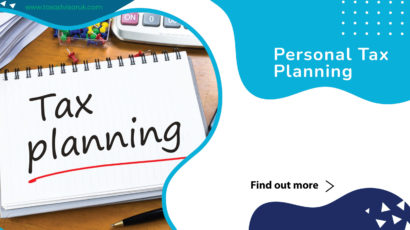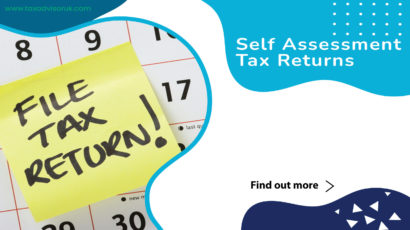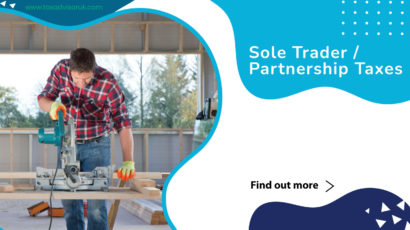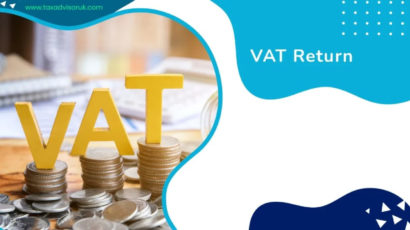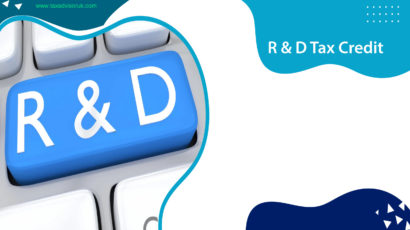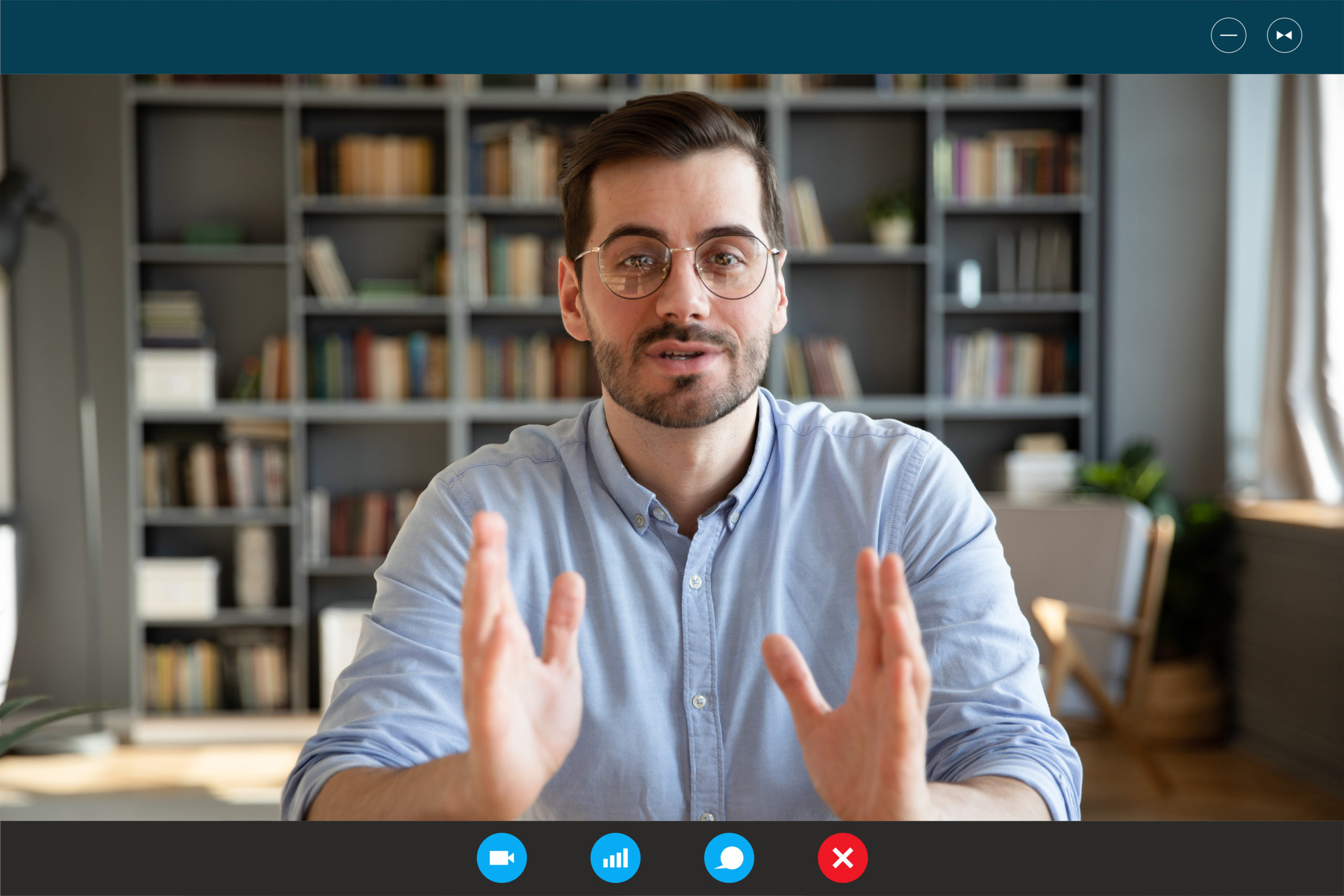Self assessment tax returns a balance tax that the assesse must pay on the income earned. It is a system used by HM Revenue and Customs or HMRC to collect income tax. It requires businesses and people to report their income in a tax return.
In the UK, the simplest tax return can prove complicated to prepare because our nation has one of the biggest tax codes in the world. Taxpayers need to be aware of numerous tax responsibilities and deadlines.
Who Needs Self Assessment Tax Returns?
Anyone who meets the following must send a tax return:
- Self employed and earned more than £1,000 in the past year
- A business partner in partnership with someone who owns a business
- Collect money from a rented property
- Collect commission or tips
- Have large savings, dividends, or investments
- Foreign income
- Have an untaxed investment or savings
- Receive child benefits and your income is in excess of £50,000
- Sold an asset or gave it away (e.g. holiday home/shares)
- Lived or worked abroad or are not living in the UK
Note: The HMRC staff does not offer you advice on organising your tax affairs or about how to minimize tax and increase tax savings. This is why; it is necessary to hire a tax advisors who help you manage everything and make sure you are paying the right due tax amounts, and we offer professional advice.
What Information Do You Need to Fill in a Self Assessment Tax Returns?
For those who have never filled the self assessment tax return before, it can be a very daunting experience. Here are some things you need to provide, so arrange them in hand before you try to do this on your own:
- Your National Insurance number
- Your 10-digit Unique Taxpayer Reference (UTR)
- Details on untaxed income from the recent tax year (i.e. dividends, income, and interest on shares, etc.)
- Expense records related to your self-employment
- Contributions or pension that may be eligible for tax relief
- Your income records showing tax paid on it or P60
We recommend that you also read up the relevant HMRC guide that may help you file your self-assessment tax return.
How to Fill In a Self Assessment Tax Returns
You will have to handle two sections to file the self assessment tax return:
- SA100 – The main section which deals with:
- Untaxed and taxed income in the form of interests and dividends
- Charitable donations
- Pension contributions
- Benefits like child benefits, state pension, blind personal allowance, etc.
For income earned as a company director, self-employment, abroad, capital gains, or a foreign national (with dual residence), you would have to fill an extra page.
- SA300 – Note that unless the HMRC sends you a short-form tax return (SA200) you do not have to fill it.
Let Our Self assessment Tax Return Accountants Do It for You
Filing your tax return can be very tricky and mistakes can prove very bad. Therefore, it is always best to leave it to experienced self assessment tax return accountants. Let us assist you because we have the experience needed to do this right.
At Tax Advisor UK, we use a system approved by the HM Revenue & Customs to:
- Calculate your tax liability
- Complete your tax returns
- File the tax returns online
- Help pay the due amounts before deadlines
To learn more about our self assessment tax return services get in touch.

